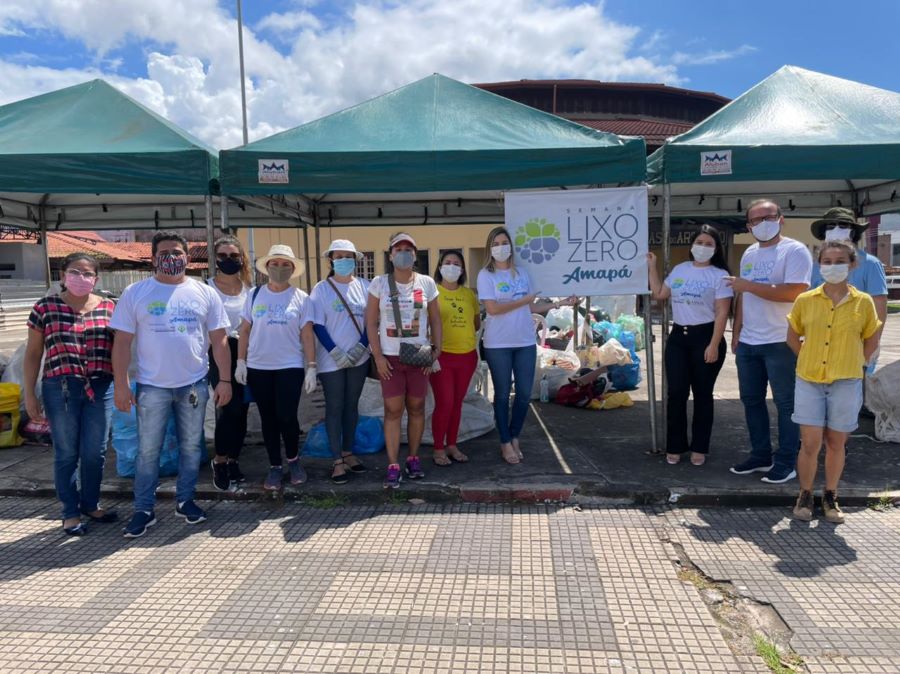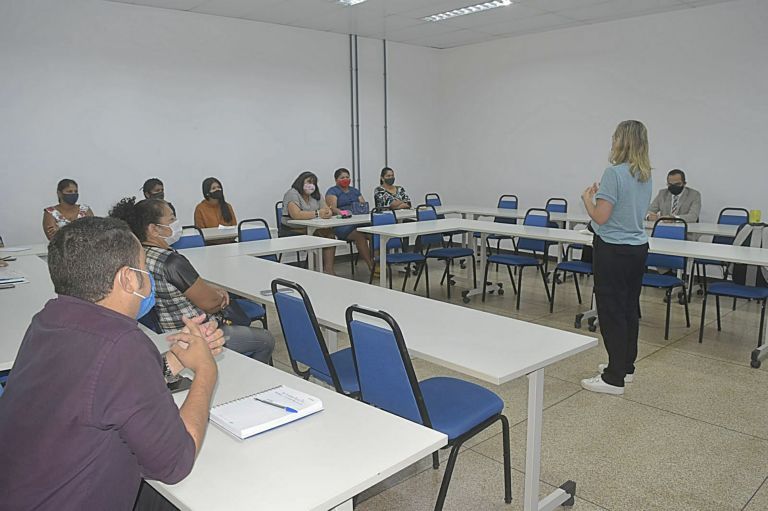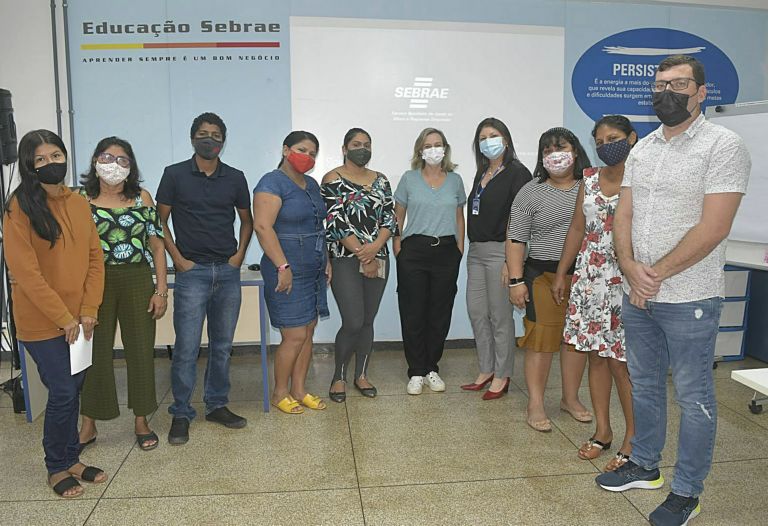How initiatives are contributing to recycling in Amapá
The objective is to contribute to preservation through proper disposal and recycling of waste, impacting the urban cleaning and the lives of residents


Credit: Zero Waste Movement Amapá
By: Gabriel Murga / Lupa do Bem – Favela em Pauta
The Zero Waste Movement has carried out, since 2020, several recycling initiatives in the capital of Amapá, Macapá. The actions use eco points, located in different areas of the city, such as in the downtown region and in the North Zone, where they work in a drive-thru format, as in the last action carried out on August 28th.
The materials destined for reuse are paper, cardboard, plastic, steel and aluminum materials, writing materials, long-life packaging, in addition to transparent and soluble coffee glasses.
The organizers of the action recommend that materials destined for recycling are always delivered already sanitized and separated by category, thus facilitating locomotion and handling, and the subsequent proper disposal of waste.
The instant coffee glass packages are destined for the Human Milk Bank of Amapá, a partner of the movement. The money raised from the sale of aluminum cans and pans is donated to institutions that take care of abandoned animals in Macapá.
Actions, initiatives and cooperative
According to the last Brazilian Recycling Yearbook, published in 2020, the capital of Amapá has only one mapped cooperative. States in the northern region, such as Amazonas and Pará, lead this scenario. However, Macapá has been looking for alternatives to deal with the reuse of urban waste.
This is the case of Baixada Pará, a cooperative located in the central region of Macapá, formed by small commercial enterprises and hundreds of houses located in a flooded area occupied for 40 years.]
In this place, the pilot project of environmental education Colorindo o Futuro, prepared by the Environmental Prosecutor’s Office of the Public Ministry of Amapá, is carried out, together with the residents who guided the possible paths and the possibility of development in the region. Recycling, health, leisure, professional training, audiovisual workshops and house painting are carried out through partnerships.

One of these ways is the recycling of açaí seed residue, a raw material in excess in the region, whose incorrect disposal generates a serious environmental problem. From this residue, the production of Cobogó is handmade, hollow bricks that make buildings less hot due to their format.
The proposal awaits technical and commercial analysis, and until next month cooperative members will participate in workshops on entrepreneurship, financial management, and cooperative, through a partnership between the MP-AP, the cooperative and the Brazilian Support Service of Micro and Small Companies in the state.


During the consultancy provided by SEBRAE-AP, social actions will be carried out in the community, in addition to technical visits, where the physical spaces for the cooperative will be defined.
“As a legacy, the Public Ministry of Amapá (MP-AP) is contributing to the realization of the residents’ dream, awakened after the recycling workshops, which is the creation of the Cooperative, in partnership with Sebrae/AP”, they say.

